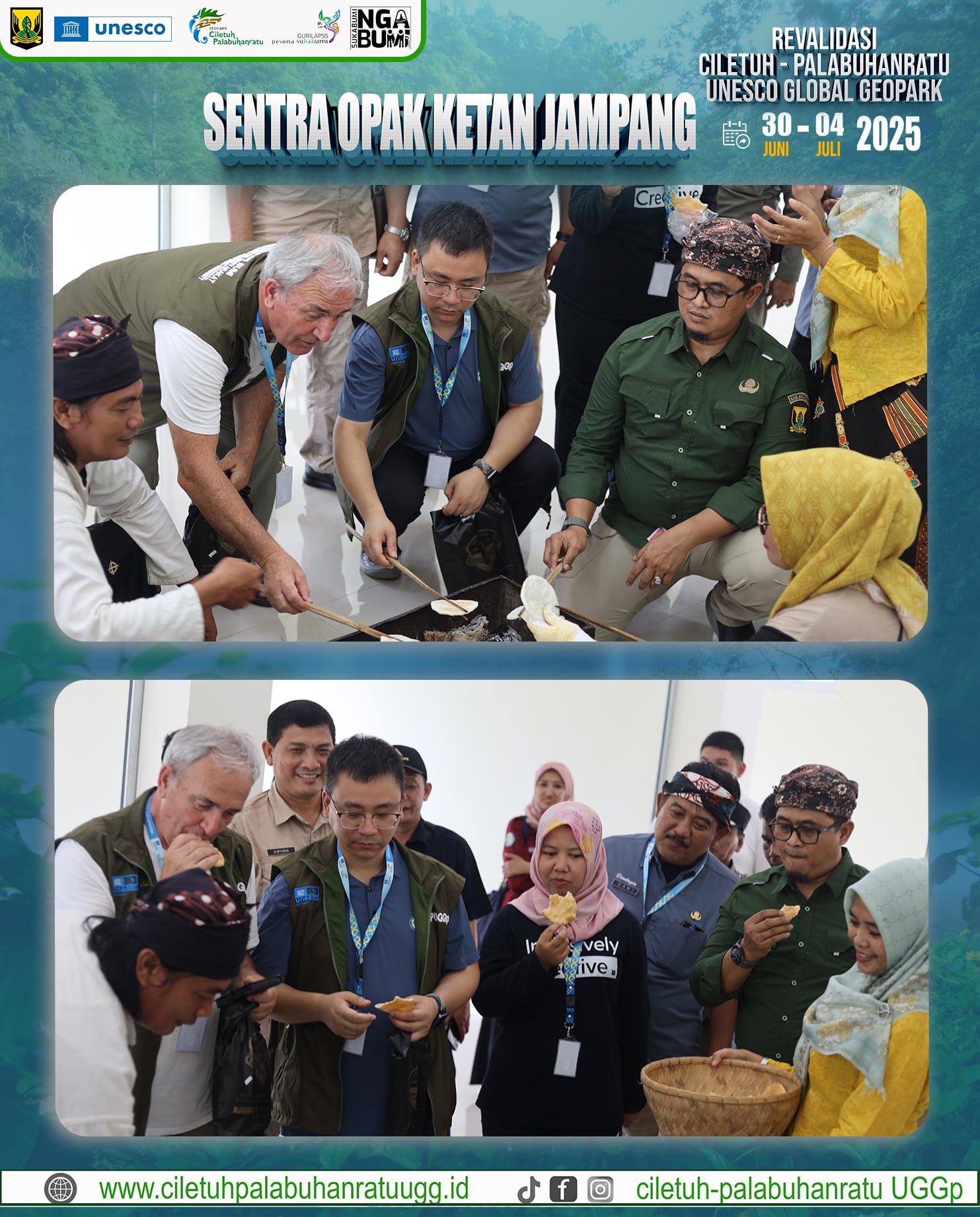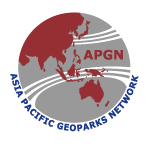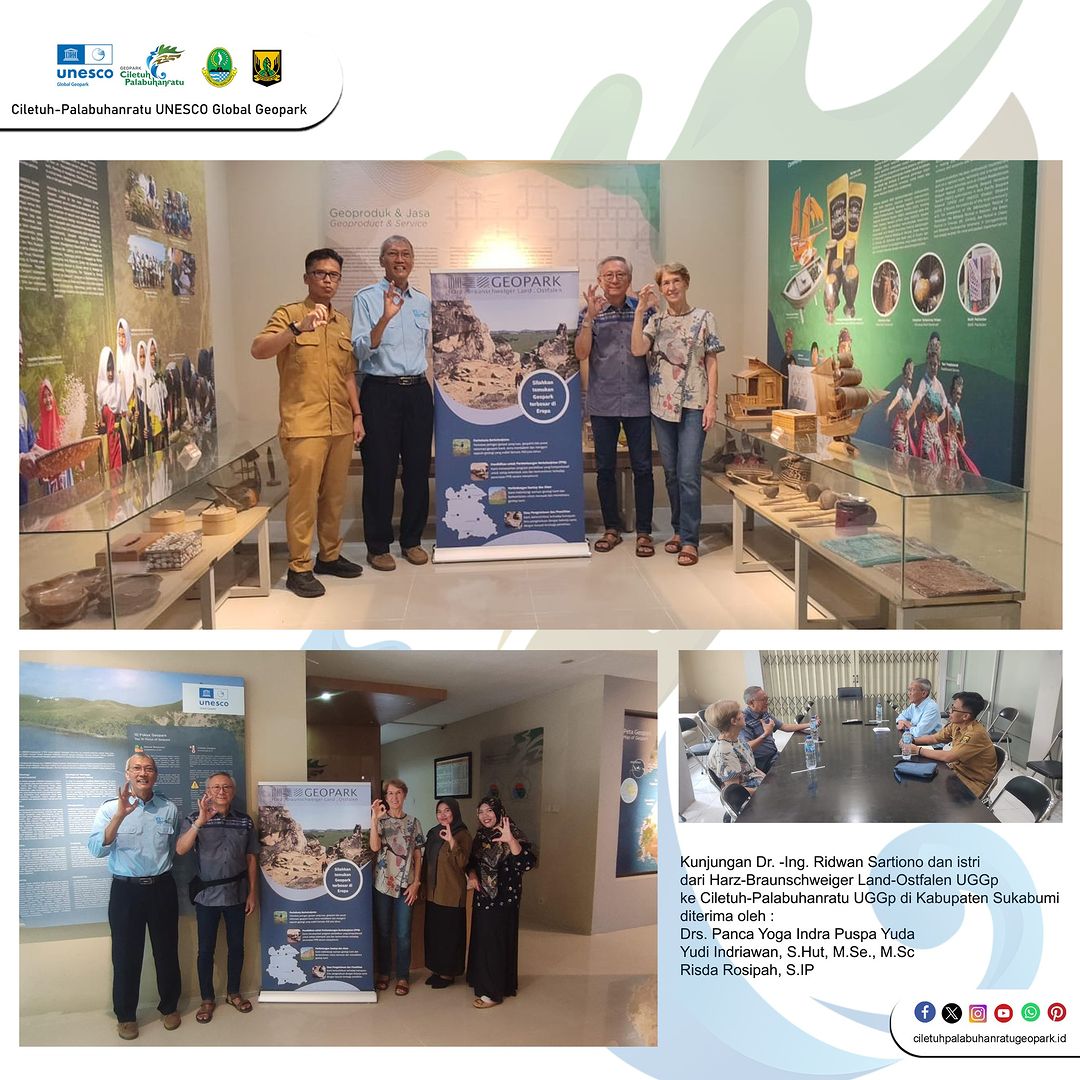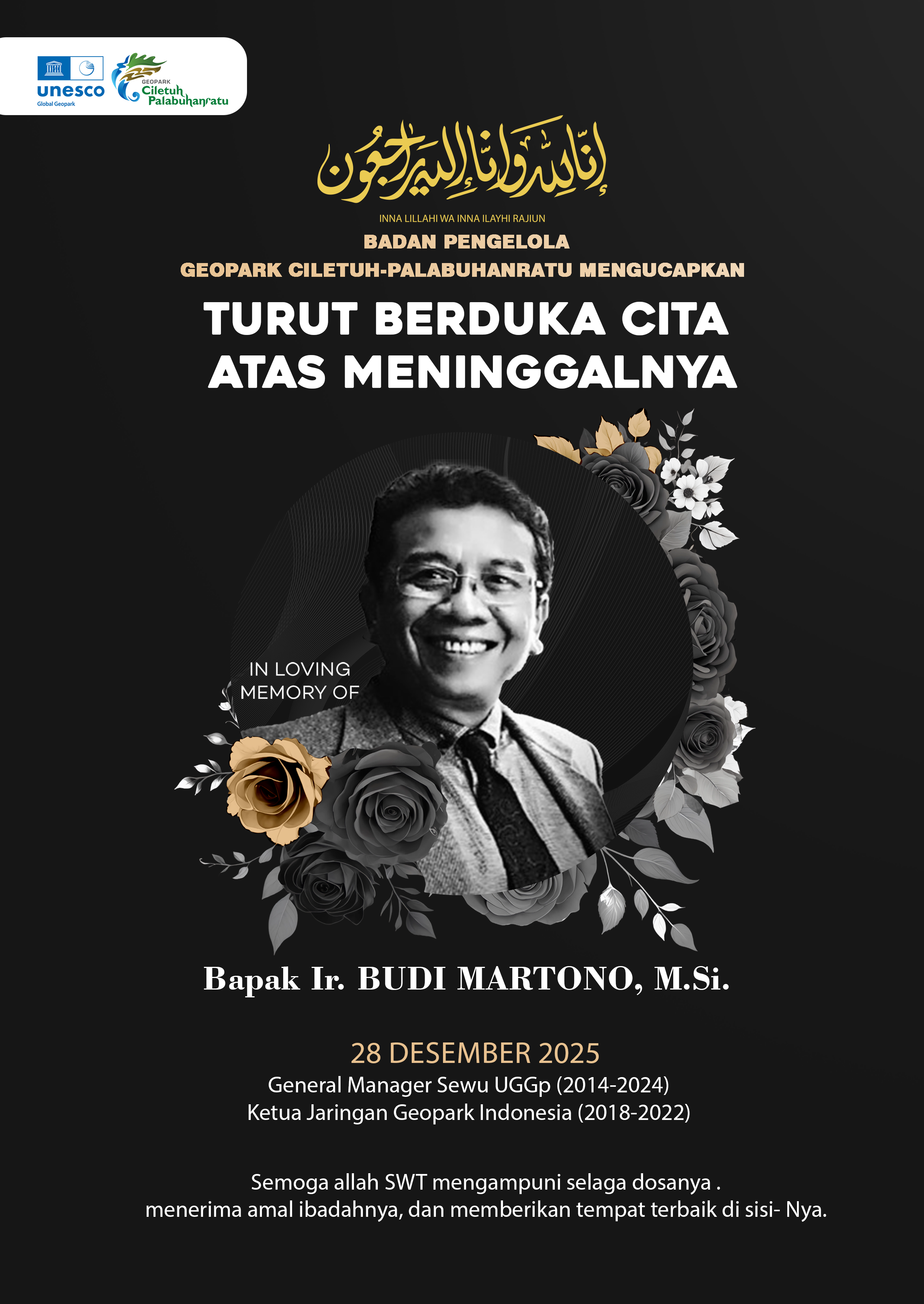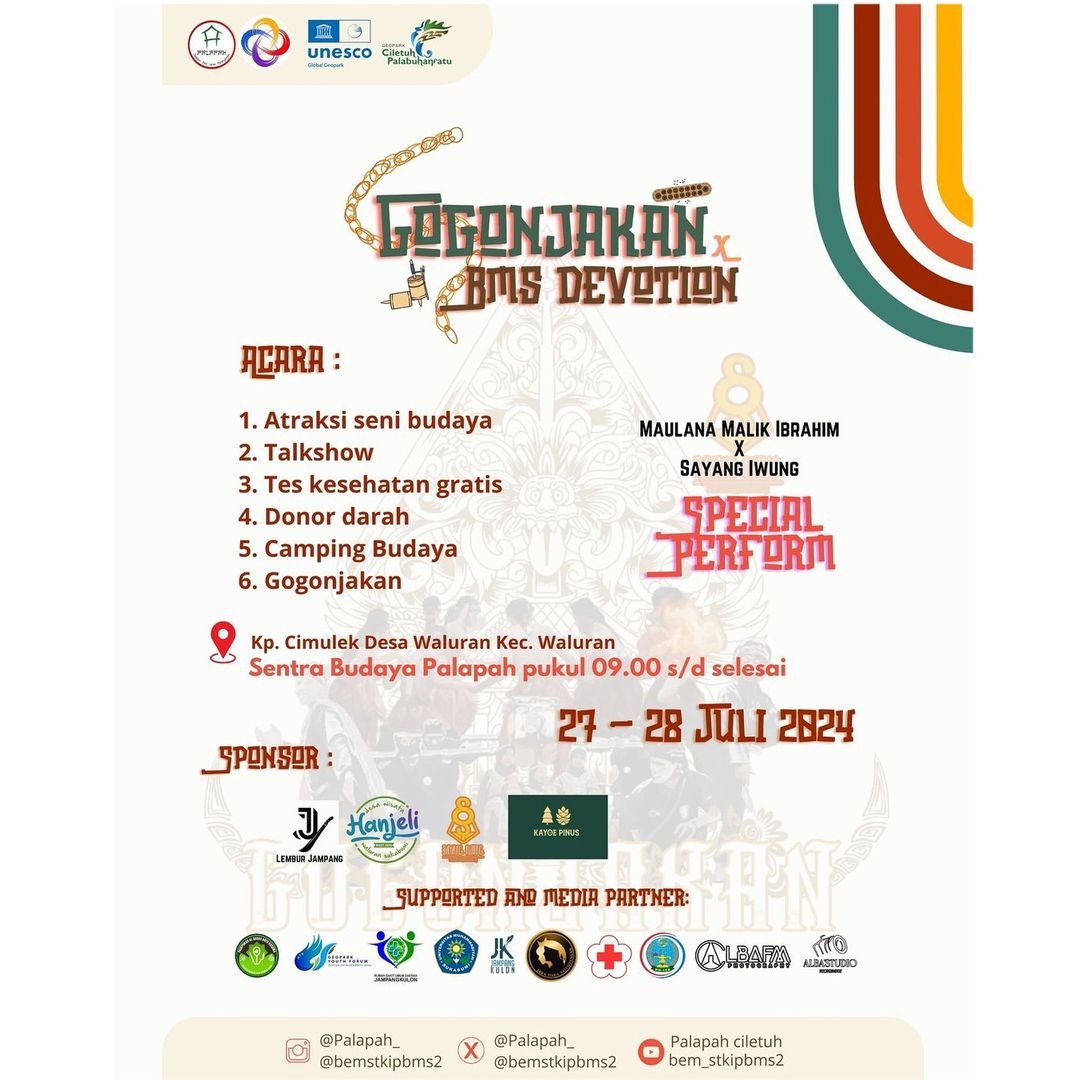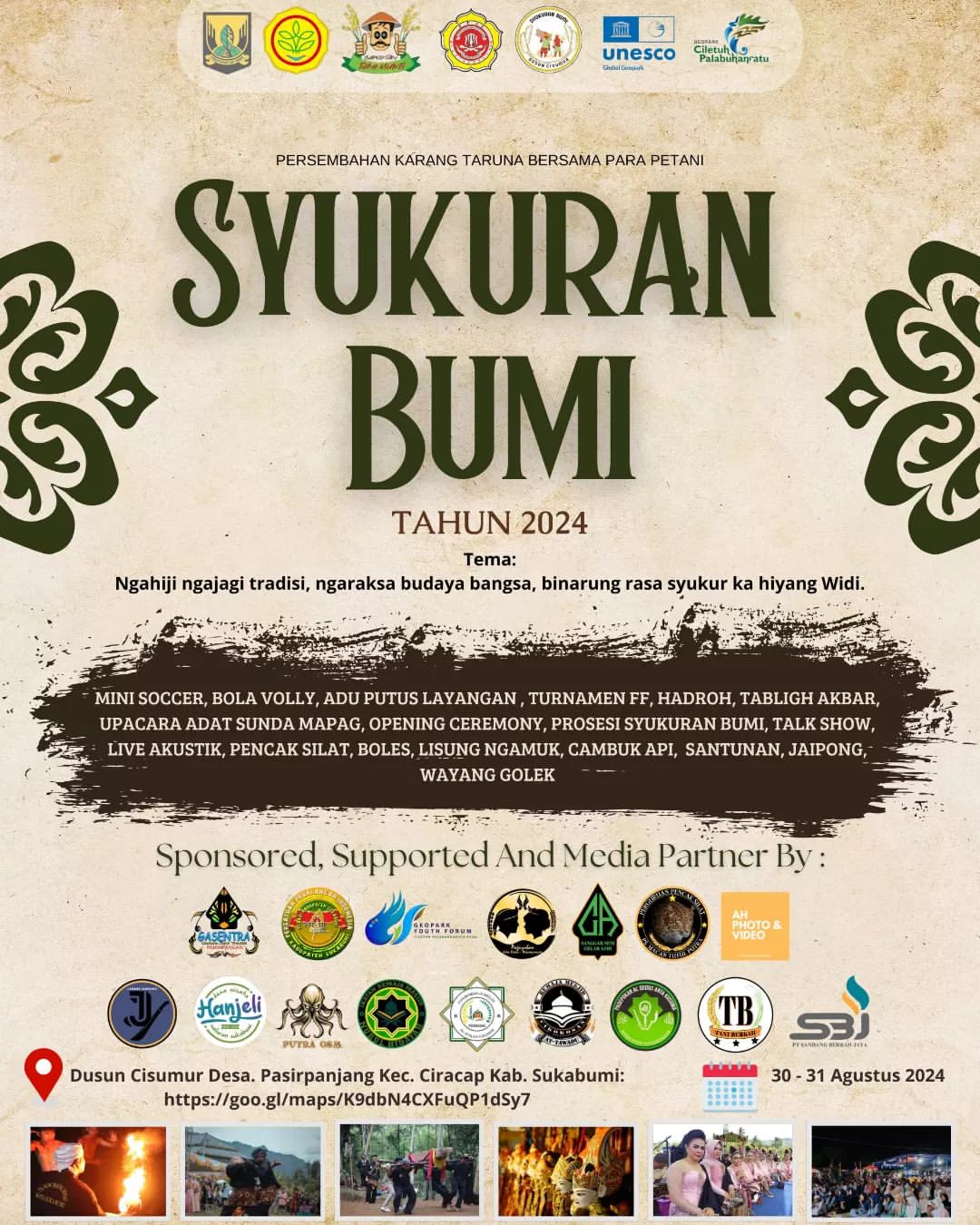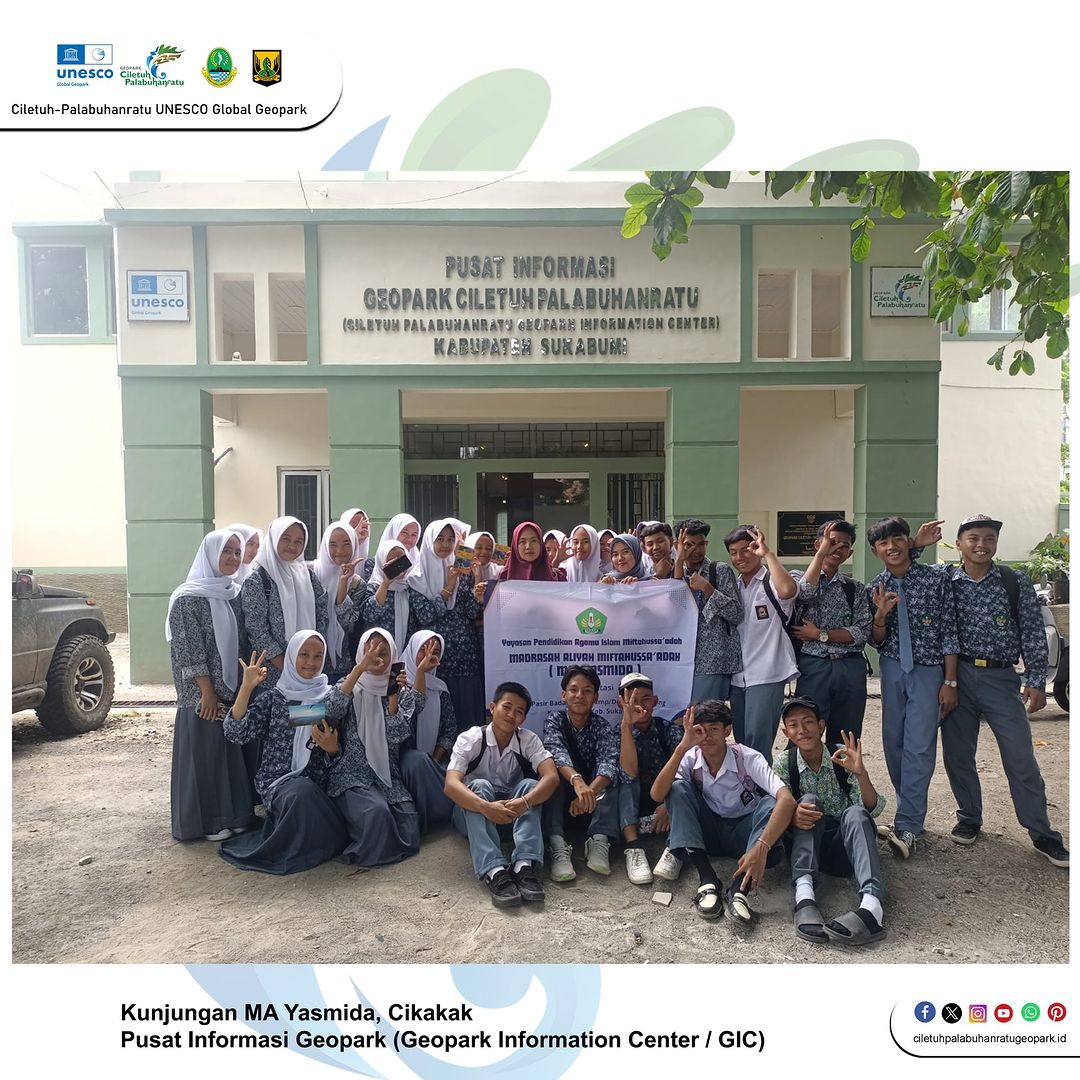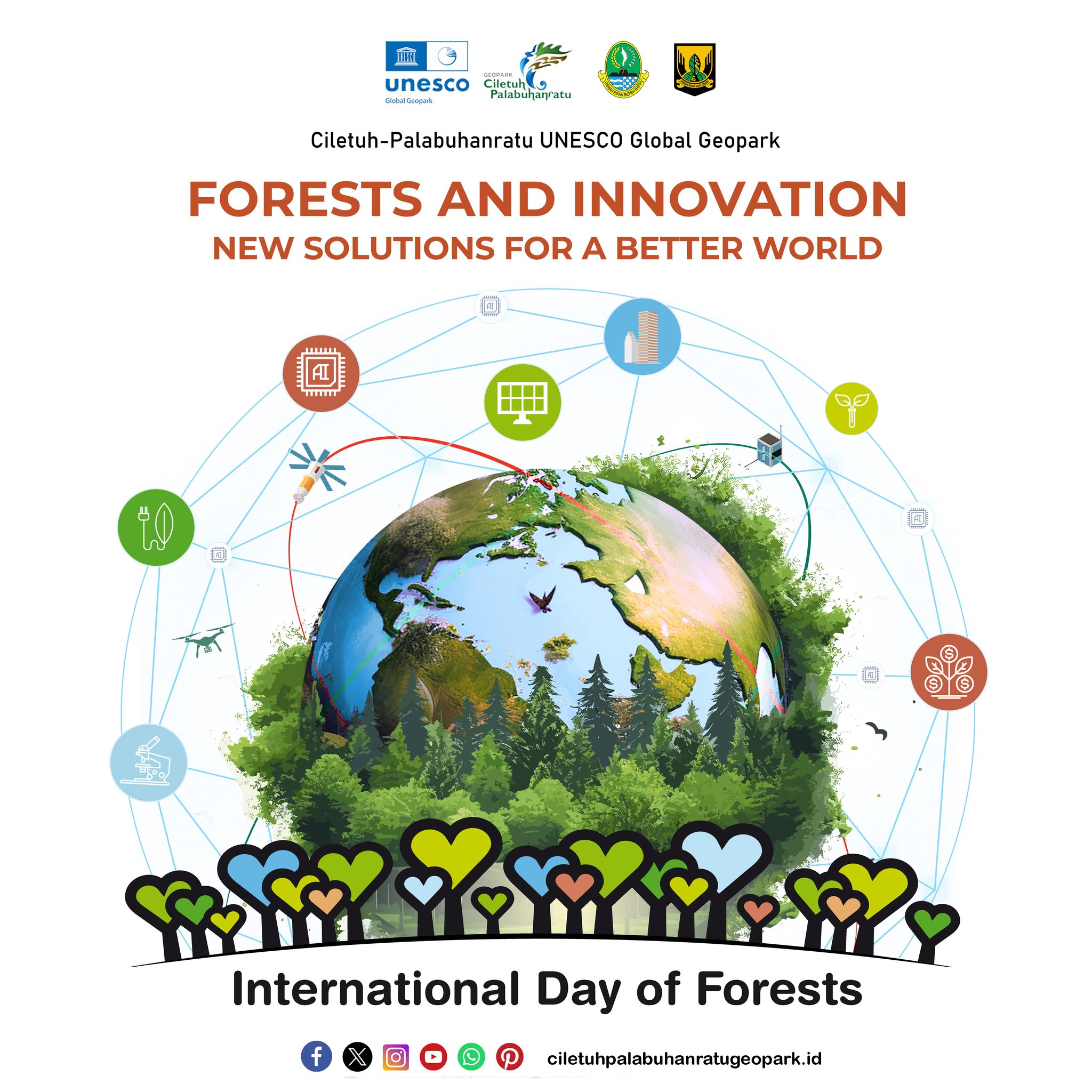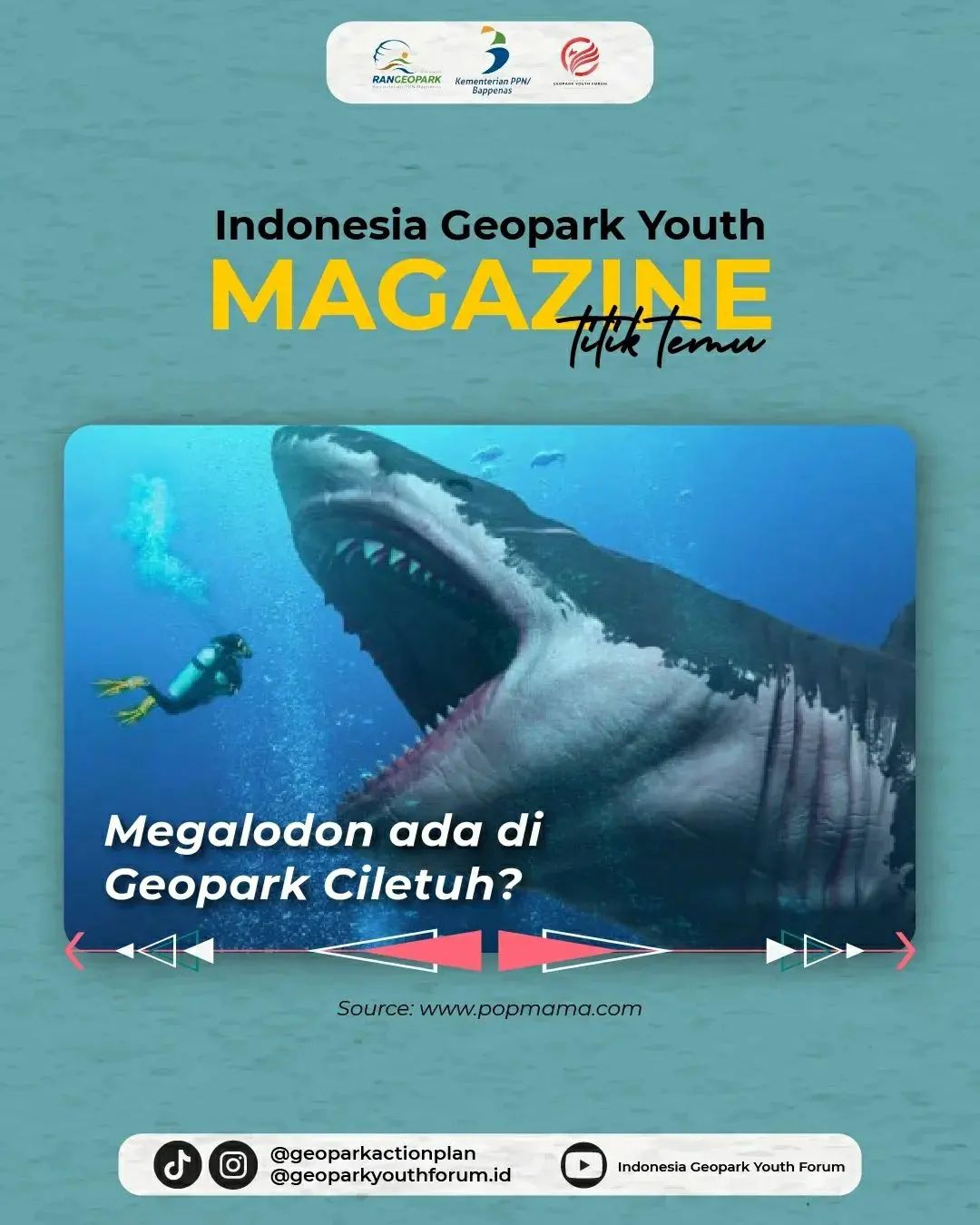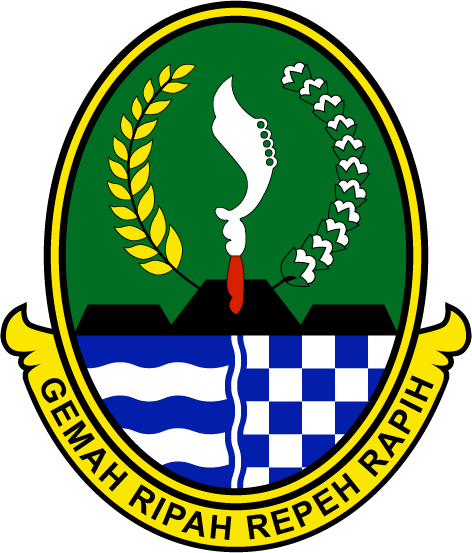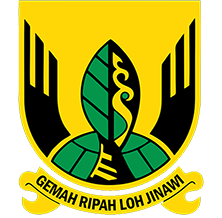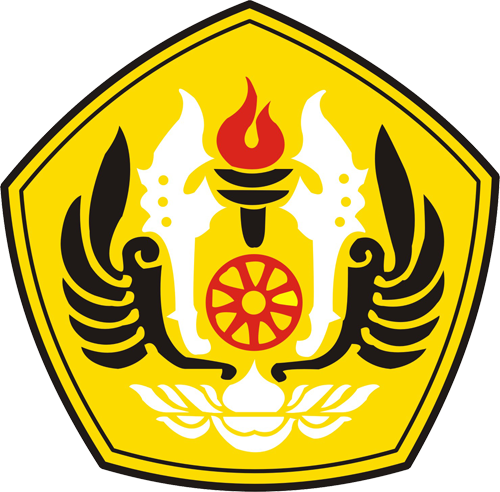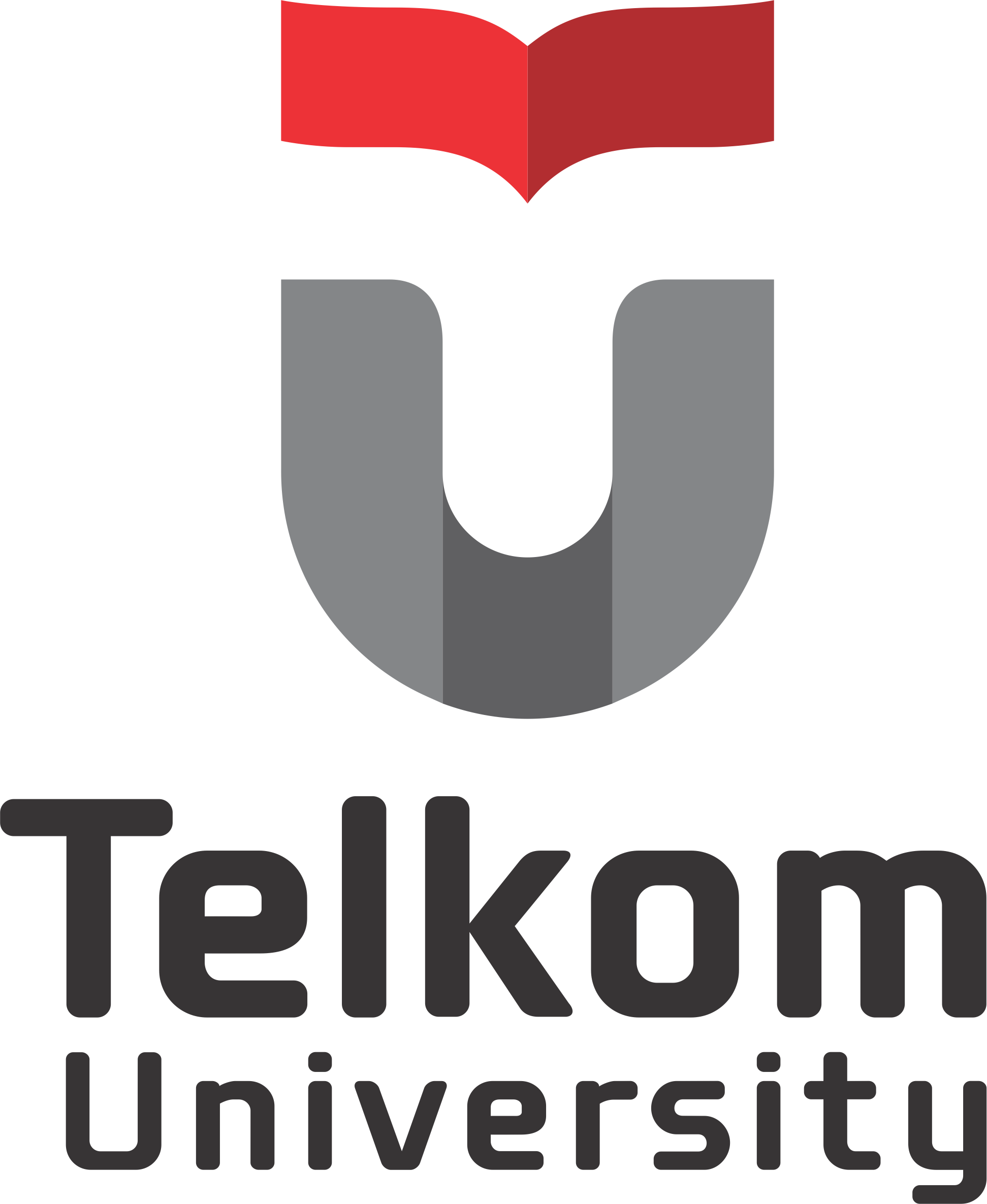Sukabumi, July 1, 2025 - The Ciletuh-Palabuhanratu UNESCO Global Geopark (CPUGGp) revalidation program continues to showcase a holistic and inclusive tourism landscape. After exploring the geosite and education center, UNESCO assessors—Bojan Rezun from Slovenia and Zhang Chenggong from China—continued their visit to the Jampang Sticky Rice Opak Small Industry Center, located in the CPUGGp buffer zone. This center symbolizes the resilience of the local economy, rooted in Sukabumi's unique culinary traditions. Jampang sticky rice opak is not just a snack, but also a cultural heritage that has been passed down through generations and has become a part of the community's identity. At this location, the assessors witnessed firsthand the opak production process, which still uses traditional techniques: from processing sticky rice, drying it, and packaging it by a local community business group. They also sampled the products directly from the artisans who enthusiastically demonstrated their innovations. "We are very impressed. This is a clear example of how a local community maintains traditions while innovating in the creative economy. Cultural heritage like this is crucial to the sustainability of a geopark," said Zhang Chenggong.
Bojan Rezun added that the local economy that grows alongside the geopark is a crucial element in the revalidation assessment. "We're not just assessing the natural environment, but also the people. And this is an example of a resilient and creative community," he said. The Head of the Sukabumi Regency Tourism Office, Sendi Apriadi, S.STP., M.Si., emphasized that the existence of centers like Opak Ketan Jampang strengthens the foundation of CPUGGp tourism, which is based on local communities and culture. "Tourism is not just about beautiful places, but also about the people behind them. Products like opak ketan are part of our tourism narrative—authentic, distinctive, and delicious," Sendi said.
He continued, saying that the local government continues to encourage integration between small and medium enterprises (SMEs), micro, and small enterprises (MSMEs), and geoparks as a mutually reinforcing, sustainable tourism ecosystem. "We want tourists to bring home not only photos, but also stories, flavors, and meaningful local products," he added.
Optimism in this revalidation process is not simply about maintaining UNESCO status, but also as a strategic opportunity to re-ground our perspective on how to redefine a more sustainable ecosystem, while also empowering local communities toward a more prosperous, independent, and globally competitive life.
Author: Ilham M Saputra.
